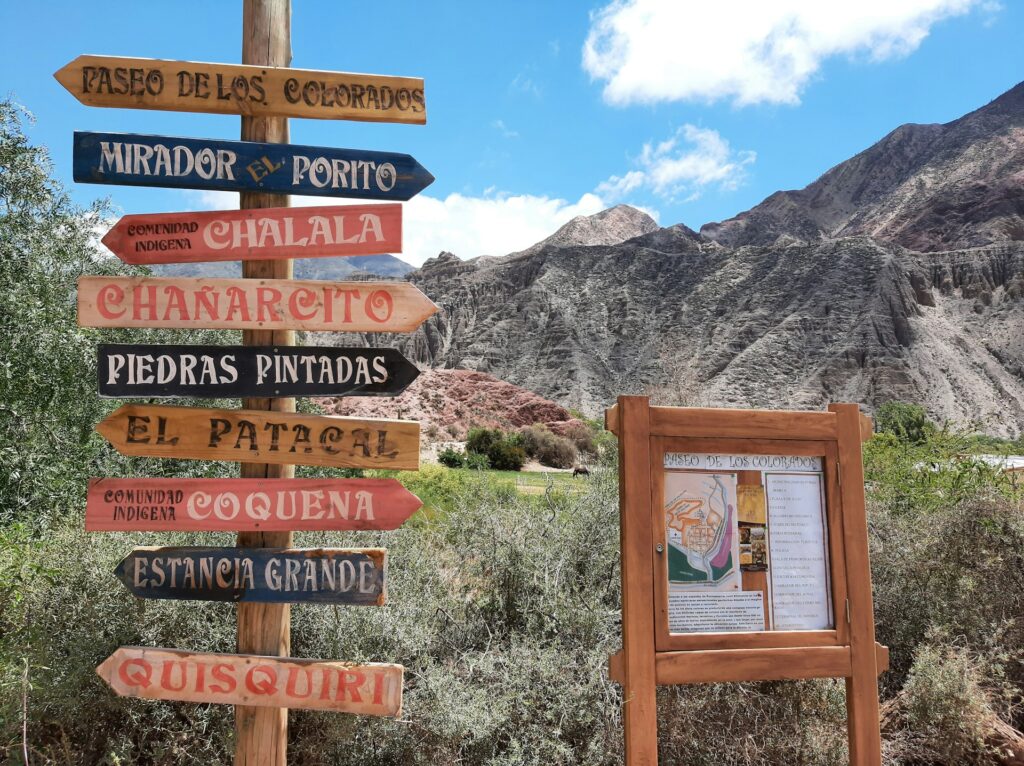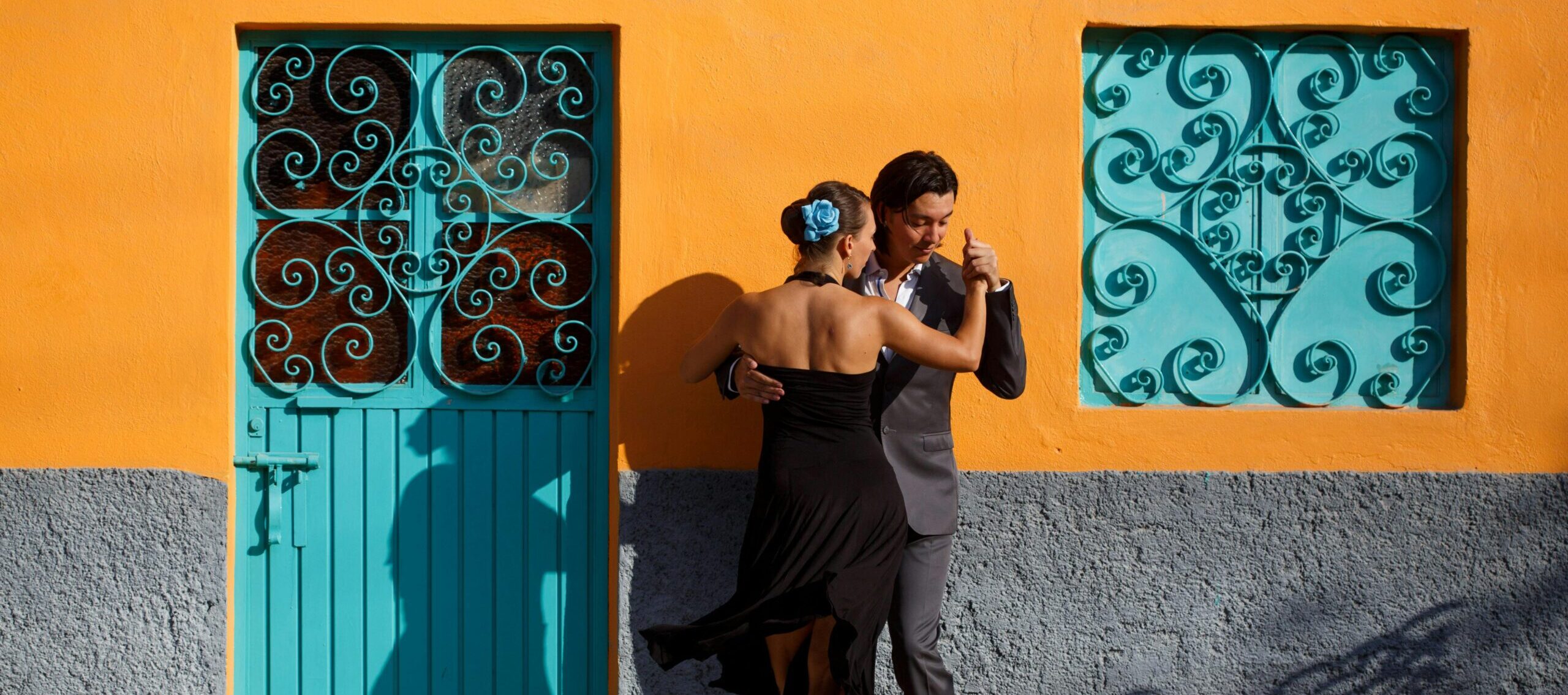General information
Argentina, located in the southern part of South America, is known for its passionate culture, stunning landscapes, and vibrant cities. From the bustling streets of Buenos Aires to the awe-inspiring Andes Mountains and the vast plains of Patagonia, Argentina offers diverse experiences for all types of travelers.
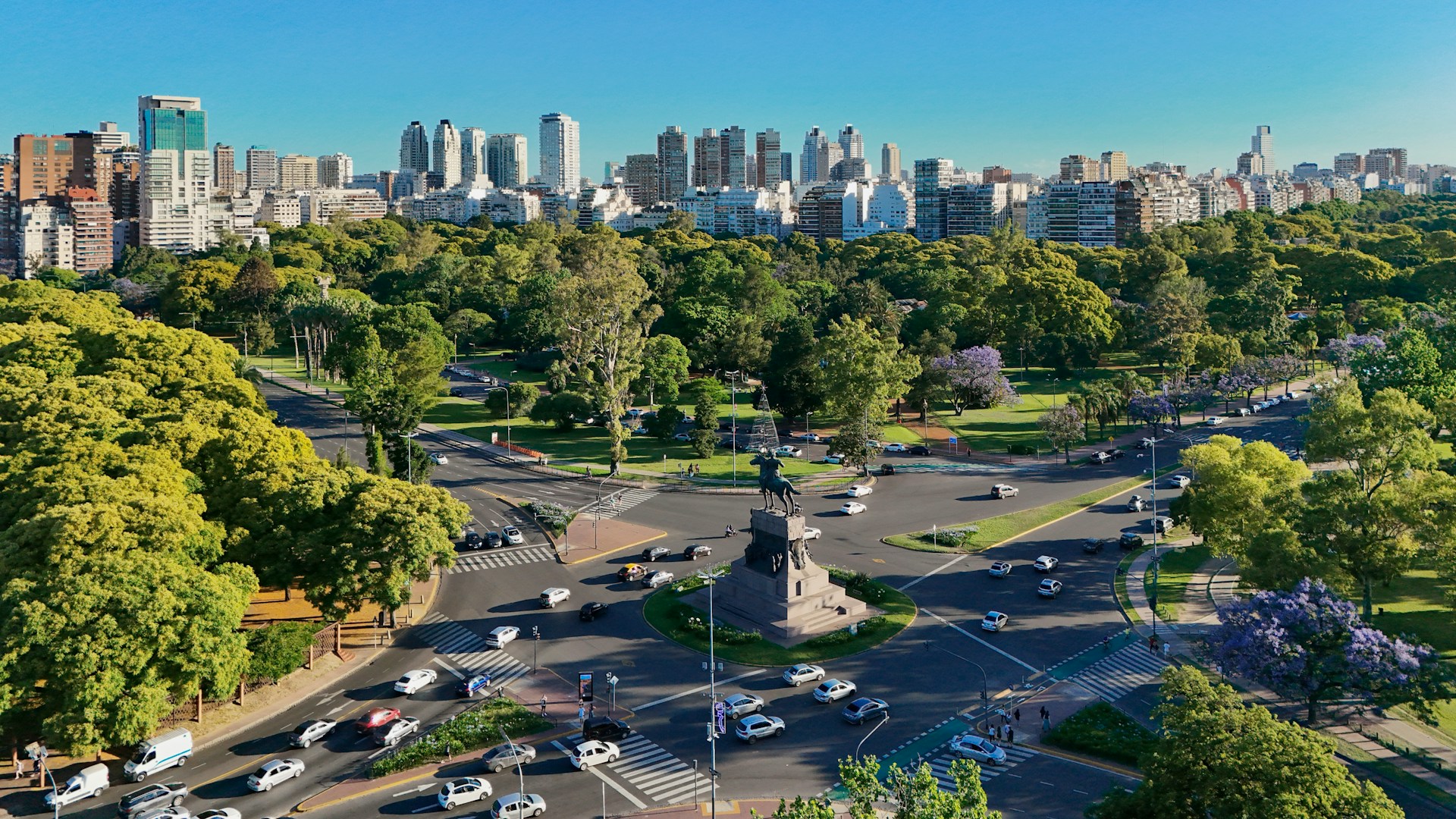
Palermo, Buenos Aires
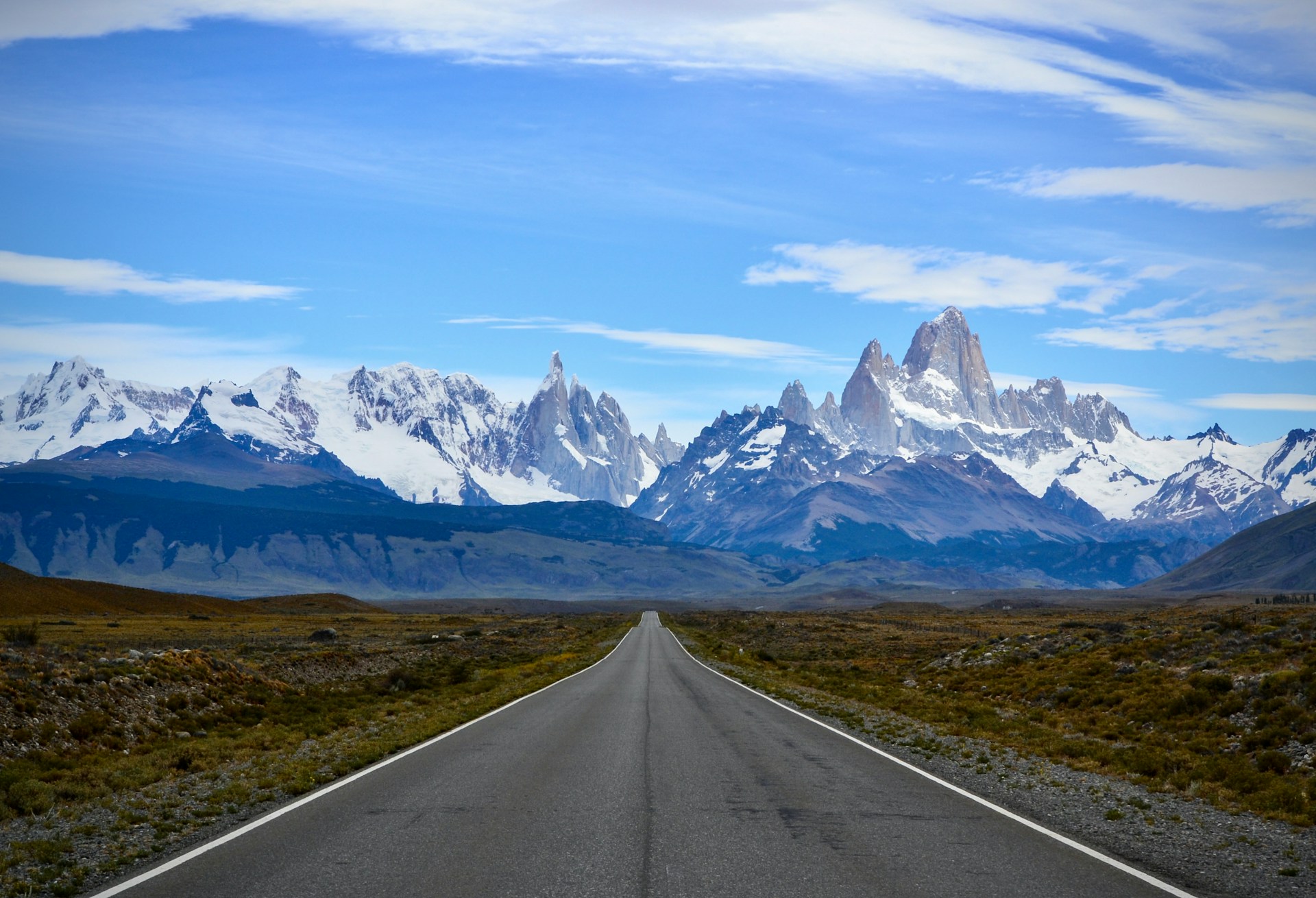
Fitz Roy
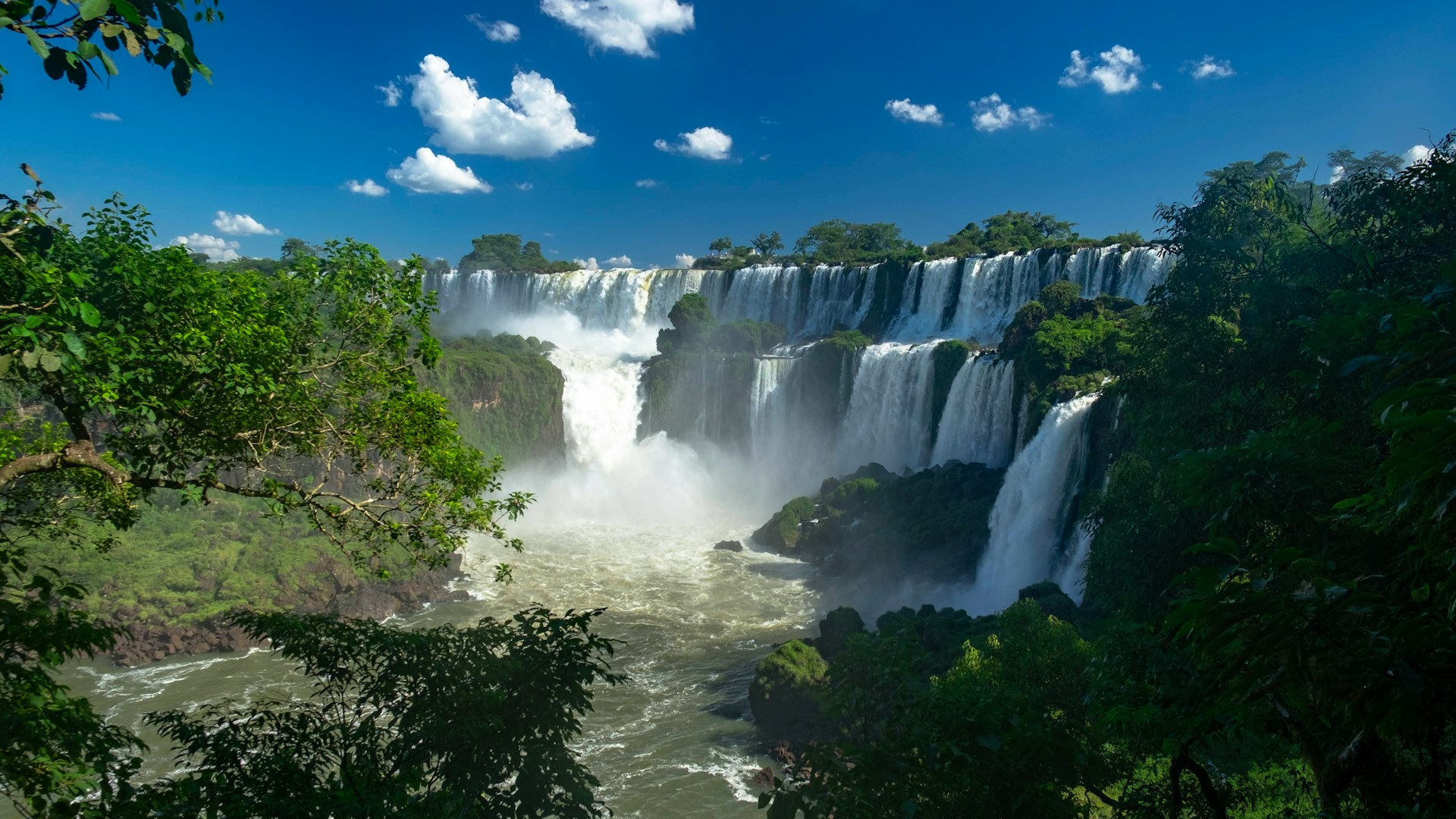
Iguazú waterfall system
Trending posts

Fun fact
Argentina is the birthplace of Tango, one of the world’s most captivating and romantic dances. The dance, along with its unique music, originated in Buenos Aires in the late 19th century and continues to play a significant role in Argentine culture.
Preparations
Before traveling to Argentina, it’s important to note that many nationalities, including U.S. and European Union citizens, do not require a visa for stays of up to 90 days. However, always double-check the latest visa regulations depending on your passport.
Currency: While many businesses in larger cities accept credit cards, smaller towns and remote areas often prefer cash. It’s a good idea to carry Argentine Pesos, especially when traveling outside of urban centers.
Transportation: Argentina has an extensive bus network, which is often the best way to travel across the country. The “Tarjeta SUBE” smart card is essential for using public transport in Buenos Aires and other major cities, giving access to buses, subways, and trains.
Cultural Etiquette: In Argentina, personal space is less formal compared to other countries. Expect a friendly kiss on the cheek when meeting someone for the first time. Argentinians are also passionate about their country’s traditions and history, so showing interest in local culture can help foster positive connections.
Sustainability
Argentina’s Patagonia region is a hub for eco-conscious tourism, particularly in Los Glaciares National Park, a UNESCO World Heritage site. To preserve this fragile environment, travelers can opt for guided tours with companies that follow strict environmental regulations, such as minimizing waste and limiting the use of motorized vehicles.
Additionally, visitors are encouraged to support local eco-lodges that use renewable energy and practice water conservation. This approach helps reduce the environmental impact while exploring Argentina’s stunning glaciers and mountain landscapes.
Good to know
Language: Spanish is the official language, but many people in tourist areas also speak basic English. Learning a few Spanish phrases can be helpful and appreciated.
Siesta Culture: In smaller towns, many shops and businesses close for a few hours in the afternoon (typically between 1 PM and 4 PM) for a traditional siesta. Plan your schedule accordingly.
Electricity: Argentina uses a 220V, 50Hz electrical system with Type C or I plugs. Make sure to bring an adapter for your electronic devices.
